Discontinuing the anti-anxiety medication buspirone can trigger a range of frustrating withdrawal symptoms ranging from headaches and nausea to rebound anxiety and insomnia. Though rarely dangerous, effectively navigating this difficult transition without relapse requires evidence-based coping strategies and compassionate self-care.
Whether you’ve developed a dependency on buspirone or your doctor recommends discontinuing use, understanding proven techniques to mitigate symptoms empowers you to face the journey with confidence rather than dread. This essential guide equips those ready to be free from buspirone dependence with actionable advice and encouragement needed to weather the discomforts. With the right knowledge and support, your highest well-being awaits on the other side!
Table of Contents
Understanding Buspirone Withdrawal
Buspirone is an anti-anxiety medication that works by affecting certain neurotransmitters in the brain. It helps restore balance to overactive neurotransmitter function that contributes to anxiety symptoms. However, stopping buspirone abruptly after regular use often leads to withdrawal effects as the brain chemistry adjusts to the lack of buspirone. Recognizing potential withdrawal symptoms and seeking medical support can ease the transition process.
Recognizing Withdrawal Symptoms
Buspirone withdrawal symptoms may emerge within a few days after the last dose. Symptom severity and duration depend on individual factors like dosage amount and length of use. Common physical and psychological symptoms include:
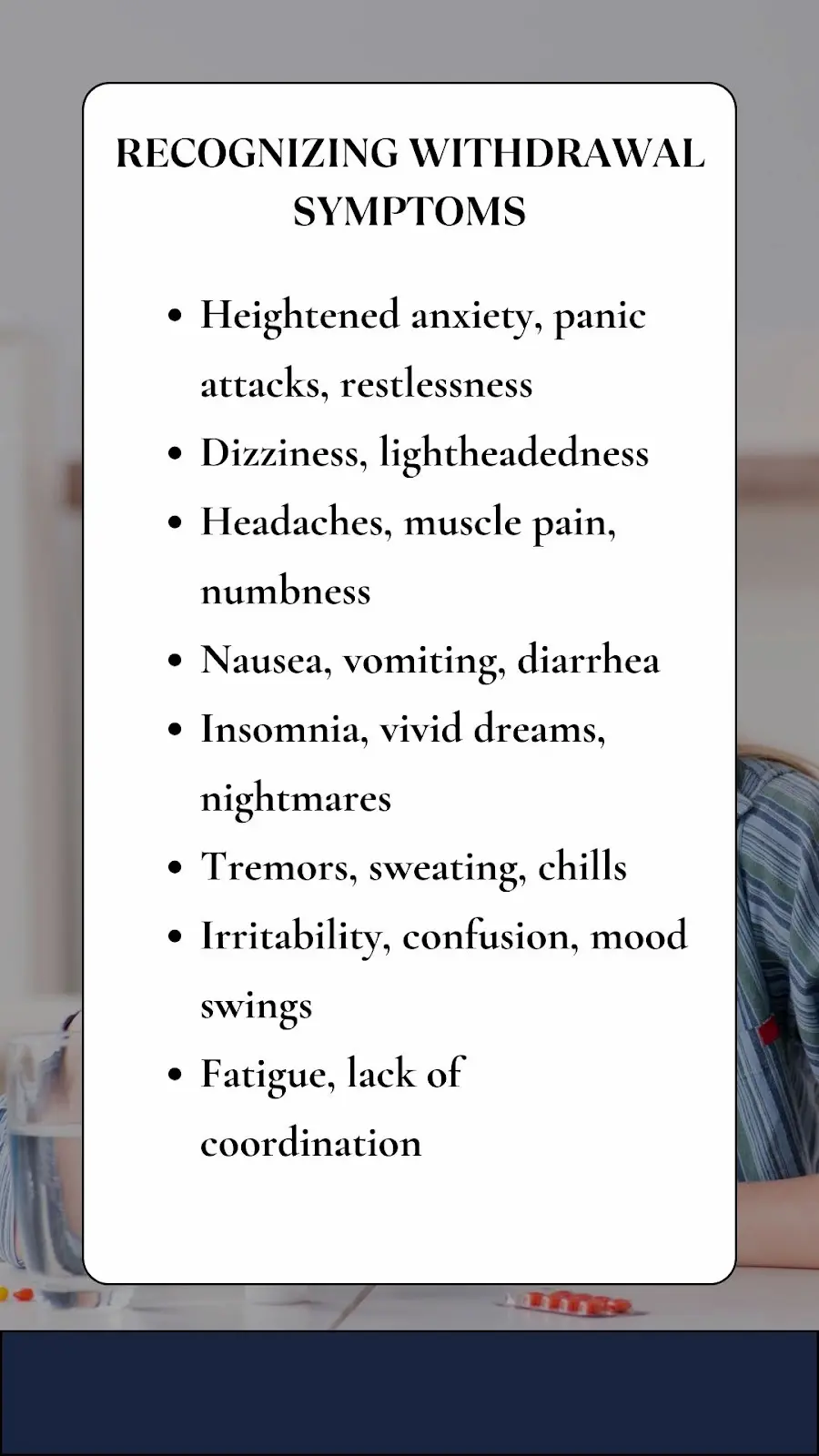
Carefully tracking emerging symptoms helps gauge their progression and determine if medical intervention is necessary. Keeping a daily log and having someone help monitor can help identify symptoms needing prompt medical attention.
Importance of Seeking Professional Help
Consulting a doctor when stopping buspirone is vital to ensure medical supervision and facilitate a gradual taper-off schedule. They can help develop a custom withdrawal plan, prescribe alternate medications if appropriate, and monitor symptoms with adjustments as needed. Getting professional support minimizes risks and eases the transition process.
Self-managing buspirone withdrawal is not advisable due to its symptoms and the potential for severe rebound anxiety and other medical complications. Having an emergency response plan is also recommended if you are experiencing any concerning or dangerous symptoms. Getting adequate help fosters a sense of safety and control when navigating this sensitive process.
Developing a Support System
|
Support Type |
Description |
Benefits |
Considerations |
|
Peer Support Groups |
In-person or online forums to exchange advice with others going through buspirone withdrawal |
Reduces isolation, normalizes challenges, shares coping tips |
Can reinforce negative outlooks, quality varies |
|
1-on-1 Counseling |
Work with a licensed therapist or counselor for emotional support and healthy coping strategies |
Objective guidance tailored to your needs, learn cognitive and behavioral skills |
Cost can be a barrier, need to establish rapport |
|
Family & Friends |
Connect with trusted loved ones for practical help or emotional encouragement |
The most accessible option feels less formal, built-in care |
Potential to feel judged or like a burden |
|
Complementary Health |
Acupuncture, massage, supplements, or other alternatives to ease withdrawal |
Additional relief for persistent symptoms, personalized treatment |
Clinical evidence varies, and risks with some remedies |
Connecting with Fellow Patients
Seek out online buspirone withdrawal support groups through reputable organizations or clinic recommendations to exchange coping strategies with those in similar situations. Local support groups also provide understanding ears and a forum to voice fears non-judgmentally. These connections offer reassurance that you are not alone. Consider pairing up with a “buddy” from a support group for mutual encouragement.
Seeking Professional Counseling
Schedule an appointment with a psychologist or psychiatrist to objectively evaluate your mental health status. Discuss techniques like cognitive behavior therapy (CBT), exposure therapy, anxiety reduction plans, or antidepressant medications if appropriate. Getting expert input aids the development of constructive thought patterns and healthy behaviors. If finances are a barrier, research community mental health clinics with sliding-scale options.
Asking for Workplace Accommodations
If employed, initiate an open conversation with your manager and HR department about temporarily adjusting work responsibilities as necessary to manage withdrawal effects. Reasonable accommodations may include a flexible or reduced schedule, working remotely for a period, or using accrued sick leave. These modifications ease the strain as you regain daily functioning. Provide HR with any doctor recommendation paperwork to support the request.
Implementing Healthy Lifestyle Changes
Establishing an Exercise Routine
When cleared by your physician, aim to get moving with some form of mild physical activity for around 30 minutes daily. The release of endorphins during exercise has natural mood-boosting properties to counter withdrawal symptoms. Popular low-impact activities include walking, swimming, water aerobics, or gentle, restorative yoga. Recruit an exercise buddy to motivate consistency and make workouts more enjoyable.
Implementing Stress Reduction Tactics
Scale back overwhelming responsibilities and make time for simple pleasures that relax the mind like reading fiction, crafting, playing board games, or sitting outdoors in nature. Allow 1-2 hours before bed for unwinding by taking candlelit baths, listening to music, or meditating to enhance sleep quality. Learn to set boundaries and say “no” to nonessential tasks. Delete unnecessary apps and social media accounts to reduce screen time strain.
Keeping a Consistent Daily Routine
Maintain a regular sleep-wake cycle that involves arising and going to bed around the same time daily, even on weekends. Eat nutritious meals and healthy snacks at consistent timings to regulate blood sugar highs and lows. Having a predictable structure provides comfort amidst the uncertainty of withdrawal symptoms. Use a paper or digital daily planner to help organize and track your schedule.
Mindfulness and Relaxation Techniques
Downloading Guided Meditation Apps
Take advantage of introductory offers through apps like Calm and Headspace that provide research-backed mindful meditations for anxiety management. Follow their themed journeys which build mindfulness skills in stages from beginner to advanced. Schedule reminders to devote at least 10-15 minutes twice daily. Treat meditation time as any important calendar appointment to encourage compliance.
Trying Aromatherapy
Explore essential oils reputed to instill calmness and lessen anxiety like lavender, bergamot, clary sage, or sweet marjoram. Diffuse a few drops in a carrier oil, add to bathwater, apply diluted oil to pulse points, or inhale directly. Scented body products and candles also impart relaxation. Keep a small inhaler with you to help tranquilize sudden symptoms when out.
Engaging in Physical Activity
Incorporating regular physical activity into your daily routine offers multidimensional benefits for managing buspirone withdrawal. Exercise naturally releases endorphins, neurotransmitters that elevate mood and relieve stress.
Even light exercise like walking stimulates these helpful brain chemicals. Establishing an exercise habit also improves sleep quality, and boosts energy levels and general well-being. Start slowly with manageable 10-15 mins a day then steadily increase duration and intensity.
Work towards a goal of 30 minutes of activity most days, involving activities you enjoy such as walking, swimming, gentle yoga, or cycling. Recruiting an exercise partner enhances motivation and commitment. Just avoid overexertion that could worsen symptoms. Any movement is progress.
Exploring Alternative Therapies
Considering Acupuncture
Acupuncture applies tiny needles to specific pressure points on the body to stimulate nerves that influence neurotransmitter activity. This traditional Chinese medicine practice may help ease anxiety, insomnia, headaches, and nausea from withdrawal. Ensure your acupuncturist has expertise in treating substance withdrawal.
Trying Massage Therapy
Therapeutic massage promotes relaxation by manipulating soft tissues to increase blood flow, release muscle tension, and boost “feel good” endorphins. Swedish and deep tissue massages may offer symptom relief during withdrawal. Consult licensed massage therapists experienced in working with withdrawing patients.
Discussing Herbal Remedies
Certain herbal preparations like chamomile tea, passion flower tinctures, and lemon balm essential oil have anti-anxiety properties that counter symptoms. However, verify ingredient safety with your doctor first, especially if taking prescription medications, due to risks for interactions. Only obtain herbs from reputable sources.
Managing Alcohol Consumption
Consuming alcoholic beverages is strongly ill-advised when undergoing buspirone withdrawal given potentially serious interactions. Alcohol, known for its inhibitory central nervous system depressant properties, exacerbates symptoms like sleep disruption, anxiety, and irritability already heightened by withdrawal.
This amplification effect can be particularly detrimental as alcohol begins to affect your brain, counteracting and diminishing the effects of medications prescribed to manage withdrawal side effects. Alcohol’s ability to lower inhibition poses additional challenges, leaving individuals psychologically vulnerable when trying to abstain from buspirone use. Strictly limiting or avoiding alcohol altogether supports the physical and mental equilibrium necessary for healing during this sensitive period.
For those who choose to continue drinking, it is crucial to track consumption meticulously, ensuring no more than one drink daily for women and two for men to minimize risks and prevent exacerbation of withdrawal symptoms. Ultimately, prioritizing recovery goals above fleeting gratification is essential for navigating the complexities of buspirone withdrawal successfully.
Patience and Persistence in Recovery
Weathering buspirone withdrawal calls for ample persistence, self-compassion, and acceptance of imperfect progress in restoring neurochemical balance and daily functioning. Symptoms may flare despite best efforts, especially under stress. Rather than self-criticize setbacks, acknowledge them as temporary phenomena along your path toward wellness.
Do not lose hope when faced with obstacles, but pause to replenish your mental and physical energies through relaxation and nourishing activities. Celebrate small daily victories as beacons of positivity. Each step forward shifts the trajectory farther away from distress and closer toward health. Allow yourself the gift of time without self-judgment as your system incrementally rights itself and stabilizes.
Conclusion
While unpleasant but expected withdrawal symptoms may temporarily obscure the light at the end of the tunnel, those committed to terminating buspirone dependence can leverage various lifestyle interventions to push past the darkness. Avoid focusing on what functions remain challenging, but celebrate even subtle progress made possible through responsible medical oversight, social assistance, self-compassion, and perseverance.
Honor each small win, whether that’s crisper focus, moderated anxiety spikes, or extra minutes of sleep – they foreshadow greater victories ahead. Take things slowly, seek help when needed, adjust strategies as required, but ultimately trust the inner resilience available to all undergoing transitions. You’ve already taken the hardest first step; now allow time and dedicated self-care to guide you home.
FAQs
-
How long may buspirone withdrawal symptoms last?
Withdrawal duration is variable depending on factors like original dosage amount and length of use. Symptoms may persist for weeks up to a few months.
-
How can I ease headaches and muscle pain during withdrawal?
Over-the-counter analgesics, hot/cold therapy, massage, and relaxation techniques may provide relief. Check with a doctor first.
-
What are some supplements that can help manage withdrawal anxiety?
Magnesium, vitamin B complex, and some herbal remedies may help, but consult a healthcare professional before use.
-
What should I do if symptoms seem severe or dangerous?
Seek emergency care immediately if you experience a seizure, fainting, vision issues, fever, severe vomiting, or suicidal thoughts. Have an emergency contact on standby.
-
How can I support someone going through buspirone withdrawal?
Offer emotional encouragement, help with daily responsibilities, provide healthy homemade meals, and accompany them to medical visits.
-
Are there medications to ease buspirone withdrawal effects?
Doctors may prescribe certain drugs on a short-term basis to help control specific symptoms that are highly problematic.
-
How do I encourage someone addicted to buspirone to get help?
Express care and concern for their well-being, share resources about withdrawal risks, and offer to accompany them to medical/counseling visits. Avoid shaming.
-
Will I have long-term health issues after buspirone withdrawal?
Most residual effects resolve within weeks to months after discontinuation. However, consult a doctor if any lingering physical or mental symptoms concern you.
-
Does therapy help when quitting buspirone use?
Yes, speaking to a mental health professional facilitates the emotional aspects of withdrawal through counseling strategies.
-
What self-care strategies help cope with symptoms?
Relaxation techniques, light exercise, nutritious anti-anxiety foods, adequate sleep and hydration, stress management, and relying on your support system.
-
Is buspirone withdrawal life-threatening?
While discontinuation effects can be quite uncomfortable, buspirone withdrawal itself is generally not medically dangerous or fatal if managed responsibly under professional medical care.
-
Can I continue working or going to school during withdrawal?
Though challenging, if your symptoms are mild you may be able to continue these activities. Discuss options for temporary disability leave or workplace accommodations that could help ease the strain.
-
When can I begin taking anti-anxiety medications again after quitting buspirone?
Your doctor will assess your progress through withdrawal and advise when reinstating medication may be appropriate. This calls for an open dialogue and careful observation of symptoms.
-
How do I motivate myself to persevere through tough symptoms?
Celebrate small daily progress, maintain a positive attitude, and distractions like funny movies, and treat yourself with compassion. Enlist others to cheer you on too!
-
How will I know when I’m over the worst of buspirone withdrawal?
Consult your doctor, but when most severe symptoms resolve, energy and appetite normalize and you begin sleeping soundly, you’re likely over the roughest phase. Still, allow time for PAWS.




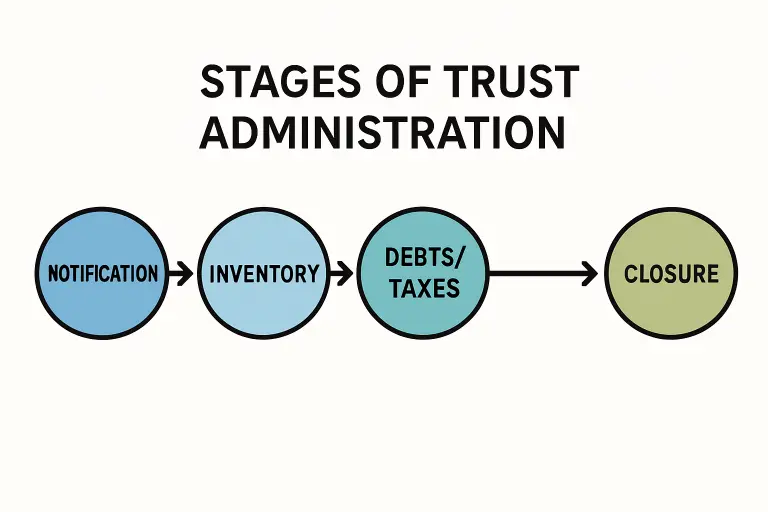


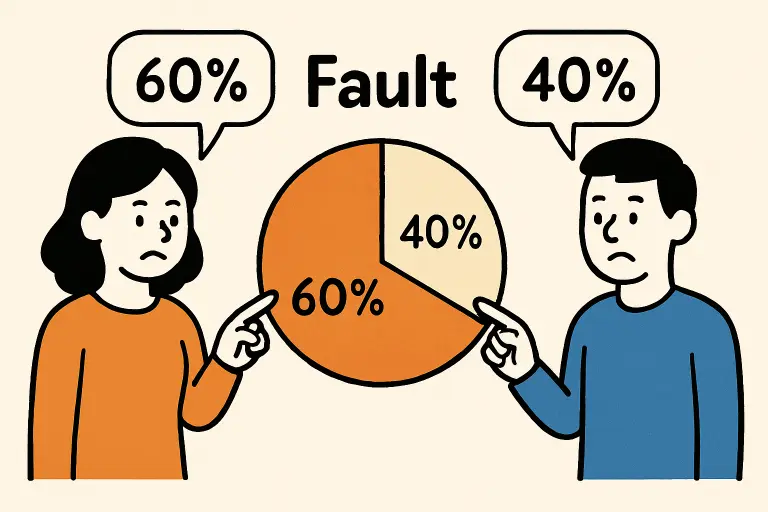











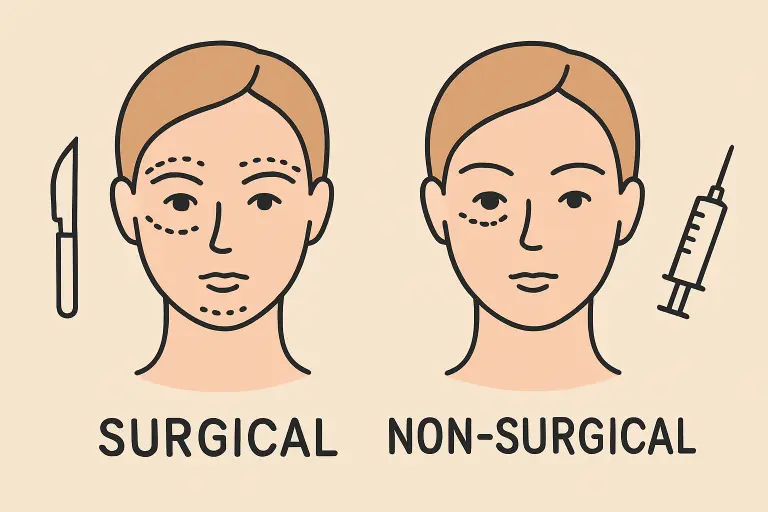



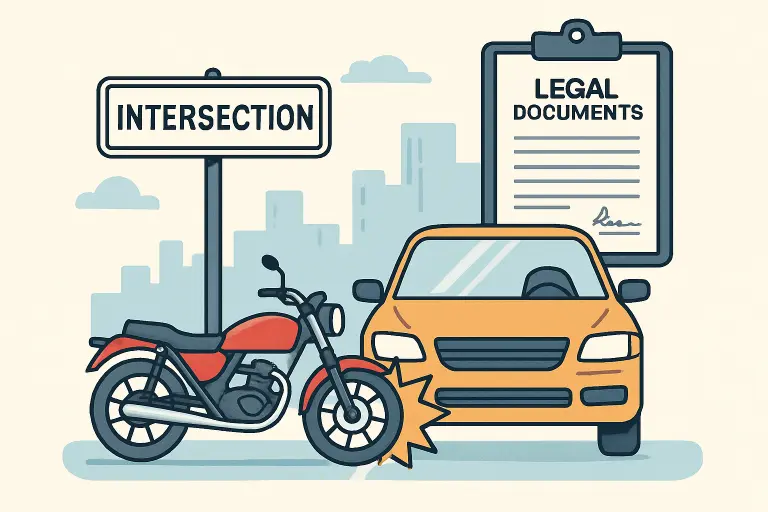









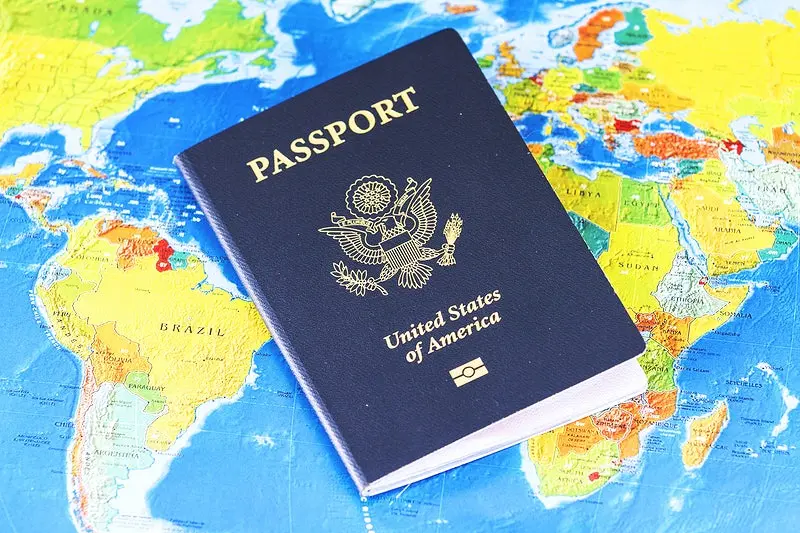





























































































































































































































































































































































































































































































































































































































































































































































































































































































































































































































































































































































































































0